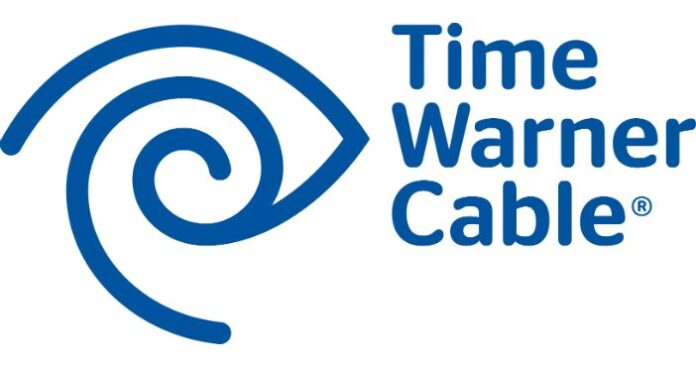Commercial Network Services asks for FCC intervention in Time Warner Cable interconnect dispute
Beloved service provider Time Warner Cable appears to have earned the dubious distinction of being the first company to garner a complaint for violating recently implemented net neutrality rules.
Commercial Network Services, which provides streaming television among other content services, filed the complaint against Time Warner Cable with the Federal Communications Commission on Monday.
Specifically, CNS calls out Time Warner Cable for violating the “No Paid Prioritization” and “No Throttling” sections of the net neutrality rules adopted by the FCC.
CNS CEO Barry Bahrami alleges Time Warner Cable is intentionally “opting to exchange Internet traffic over higher latency (and often more congested) transit routes instead of directly to the edge provider over lower latency peering routes freely available to them through their presence on public Internet exchanges, unless a payment is made to TWC by the edge provider.”
He continued: “These violations are occurring on industry recognized public Internet peering exchanges where both autonomous systems maintain a presence to exchange Internet traffic, but are unable to due to the management policy of TWC. As you know, there is no management policy exception to the No Paid Prioritization rule.”
In response to questions from The Register and The Washington Post, a Time Warner Cable rep reportedly explained that company practices are in line with FCC requirements.
“TWC’s interconnection practices are not only ‘just and reasonable’ as required by the FCC, but consistent with the practices of all major ISPs and well-established industry standards. We are confident that the FCC will reject any complaint that is premised on the notion that every edge provider around the globe is entitled to enter into a settlement-free peering arrangement.”
Bahrami, calling back to Time Warner Cable’s public statement, has already responded.
“It is not possible for any industry, only in existence [approximately two] weeks, to have ‘well-established industry standards.’ TWC does not understand, they are no longer an ISP – they are a BIAS with different obligations to the BIAS consumer. We are not asking to connect to their BIAS subscribers from ‘around the globe’ either. We are standing at three of their doors and they are not opening any of them without payment.”
Different from an Internet Service Provider, a BIAS is a Broadband Internet Access Service.
Appended to CNS’ complaint is an e-mail back and forth between Bahrami and Barry Parris, the wholesale content manager for Time Warner Cable Business Class, and Jeff Zimmerman, SVP and deputy general counsel for Time Warner Cable.
In response to a request for peering with Time Warner Cable from Bahrami, Parris writes back on Sept. 9: “Barry, the issue is I am not going to give you peering. It would be paid peering.”
From there, Bahrami got Zimmerman involved. He told the Time Warner Cable lawyer, “I have in the past requested peering at our common peering exchanges with Time Warner and have been shut down by a Mr. Barry Parris … who is demanding a fee from us. Effectively, your firm is demanding our firm pays a fee to enable your paying Internet access subscribers access to our Internet content over public Internet exchanges. This seems even more absurd because all it is doing is forcing the traffic over costly transit links for both sides, yet it costs nothing to peer on an IX as you well know.”
Zimmerman doesn’t really argue the merits of Bahrami’s complaint but rather suggests he fill out an Interconnect Request Form, which prompted the CNS CEO to make his case again, slightly more vociferously.
Zimmerman, in keeping with Time Warner Cable’s dedication to customer service, told Bahrami that CNS doesn’t quality for settlement-free interconnect and remarked, “As indicated to you previously, Mr. Parris remains ready to discuss a commercial transit agreement that will provide you with a functionally equivalent solution.”

